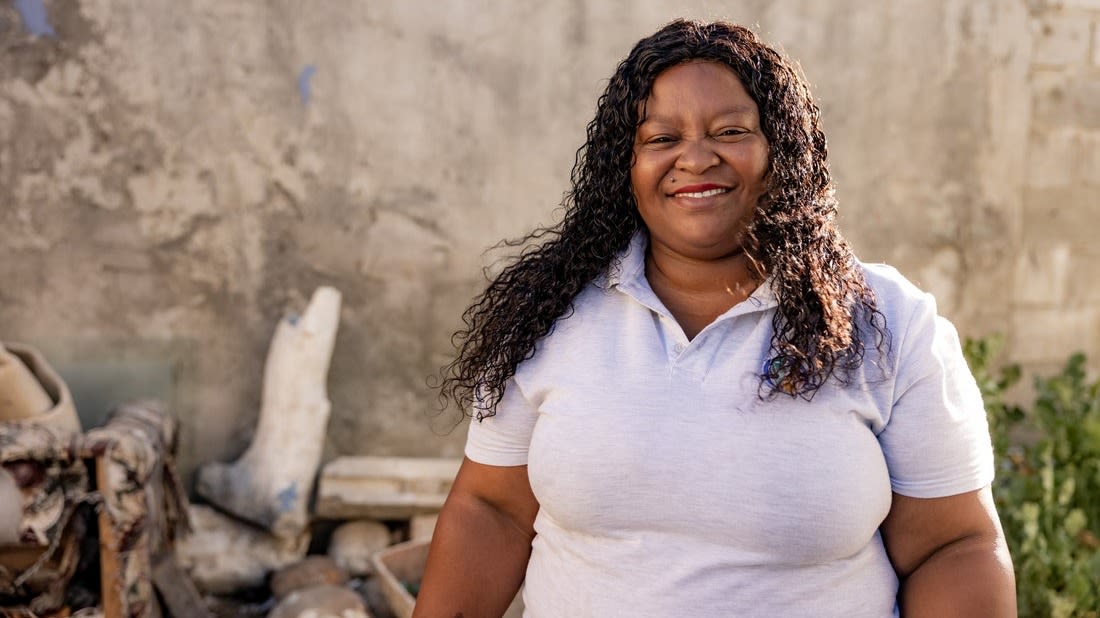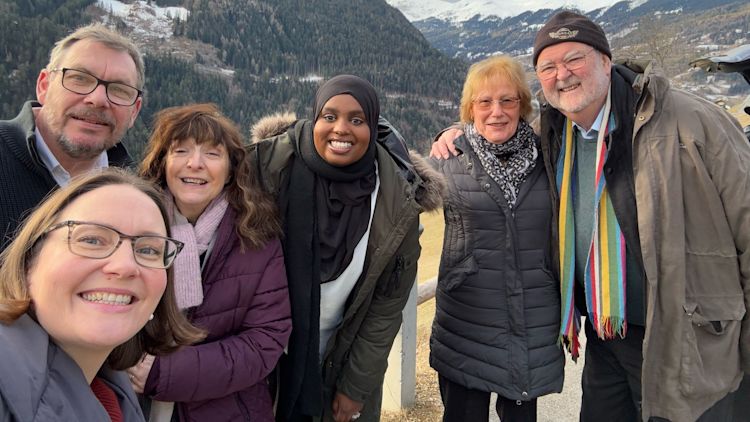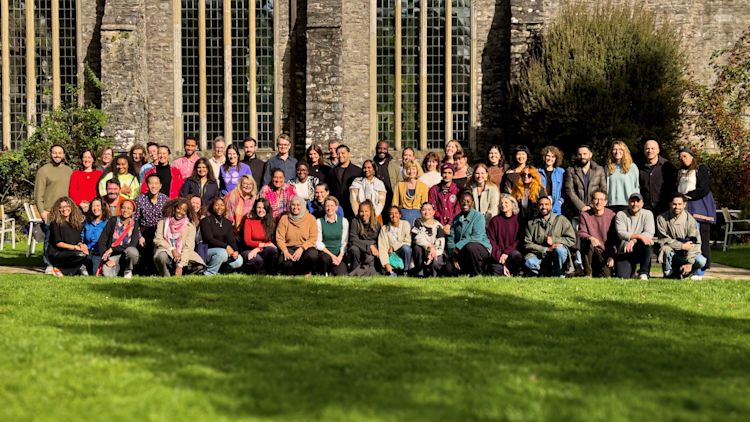Jake Grout-Smith and Clare Kiely
The Covid-19 pandemic continues to confront the charitable sector with fundamental challenges. Increasingly funders are now looking beyond supporting emergency service delivery, to the health and survival of the charities themselves as the implications of the crisis for the charitable sector become increasingly stark. There is a renewed interest in core, unrestricted and flexible funding models to ensure charities can survive through this period and build back better.
We’ve been reflecting on our role as a Funder in the current climate and looking at how we can use our power, privilege and resources to support the charitable sector through the coming months. We have a strong commitment to learning and in light of this, and as we launch our Change Makers programme, we wanted to share the evaluation of our Core Strength programme which you can find on our new Reports and Publications page. As our first foray into intentionally funding core costs and investing in organisations rather than projects, Core Strength supported over 100 small UK charities with up to £40,000 of flexible core funding over two years (2017-2019). Funding was combined with a range of training opportunities, a small pot of funding for organisations to use on training of their own choice, and a more relational, engaged form of grant management from Comic Relief.
Unlocking a range of benefits for organisations and communities
The Core Strength evaluation confirms the significant benefits highlighted by other reports(opens in new window) on core funding: strategic development; strengthened infrastructure administration and staff; improved governance; leveraging of further funding; and wider networks for collaboration. All of this contributed (directly and indirectly) to improving and enhancing service delivery for the communities that the organisations’ served:
“It makes a huge difference as we can concentrate so much more on service delivery, knowing the core functions of the organisation are supported.”
Breathing space
One of the key phrases that came up throughout the programme was ‘breathing space’; for many leaders of these organisations even a small amount of core funding freed some capacity to think, reflect and develop more strategic plans for the future. Such breathing space is desperately needed during this and other times of sustained, intense activity for charity staff and volunteers, whilst organisational funding and fundraising opportunities have dried up and any reserves are being eaten into.
Flexibility and time
For many organisations, finding the space to develop strategic plans, let alone act on them, takes time. The initial breathing space provided by core funding is vital but having the funding flexibility to then shift to delivering strategic plans (including piloting new service models) is when real sustainable change starts to emerge. Organisations reported having to piece together different short-term core funding grants sequentially in order to be able to really maximise the benefits longer term. Which of course also points to the importance of the perennial demand for longer funding periods.
Mutually reinforcing approaches
The evaluation also found that the relationship model of grant management used and the types of funder+ opportunities and how they are offered, can significantly enhance and reinforce the benefits of core funding. A trust-based, relational, flexible and collaborative (both with Comic Relief but also with other funded partners in the programme) approach to grant management was instrumental:
“Although the money was invaluable and has enabled us to achieve so much in the last two years, it was the way in which relationship between funder and funded operated that made it work so well.”
All of these lessons are particularly relevant at the moment as charities navigate their own complex funding landscape when time, relationships and resources are at a premium for both organisational survival and for those individuals and communities hit hardest by the pandemic.
For Comic Relief, we have shifted from immediate relief funding to initial recovery funding and now are thinking about how to support our partners in the longer term through our Change Makers programme in the UK and a forthcoming programme in Ghana, Zambia and Malawi. In planning the above we have tried to think about and integrate these lessons, not only about the importance of flexible and core funding, but about how that funding is delivered, managed and supported within the wider sector context.
You can now find recent Comic Relief learning reports and studies on our Report and Publications page.


